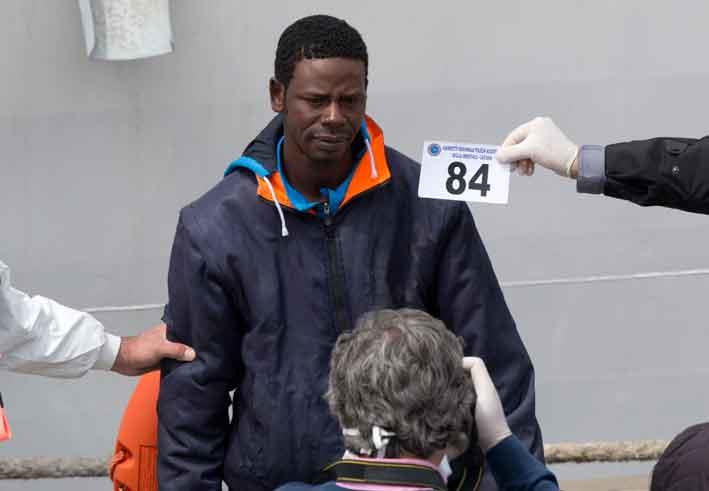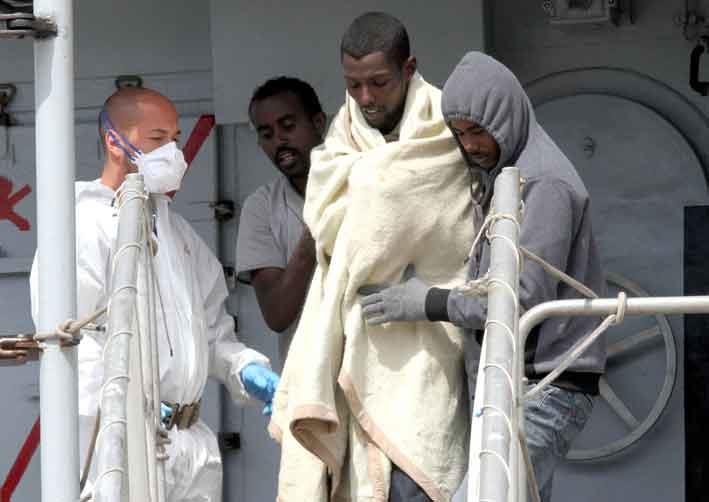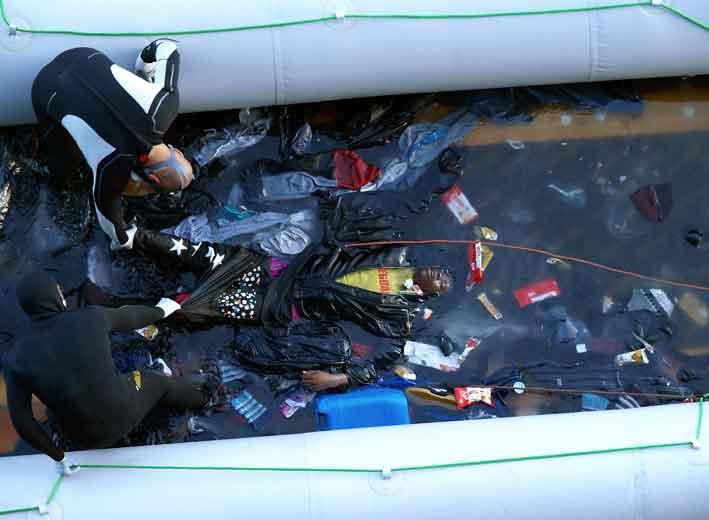A study requested by the Civil Liberties, Justice and Home Affairs (LIBE) committee within the EU read that a reform of the Dublin system of allocation of responsibility for asylum seekers is long overdue.
The European Commission is committed to an evaluation of the Dublin system in 2016. In particular, it will “determine whether a revision of the legal parameters of Dublin will be needed to achieve a fairer distribution of asylum seekers in Europe. This study supports the need for urgent revision of Dublin”.

The principles of the Dublin system
The principles of the Dublin system are three fold: (1) an asylum seeker has only one opportunity to make an asylum application in the territory of the EU and, if the decision is negative, that rejection is recognised by all Member States; (2) the rules set out in the Dublin system determine which Member State is responsible for assessing the asylum application and receiving the asylum seeker during the procedure; the preferences of the asylum seeker is not a relevant criterion; (3) the asylum seeker may be deported to the Member State to which he or she is allocated – coercion is built into the system.
The study suggests that in order to increase the EU’s overall protection capacity, member states which currently host few asylum seekers and refugees must do more.
The report study explains that if member states properly meet their EU and international legal obligations, and develop appropriate levels of reception capacity, asylum seekers could be offered a reasonable range of options regarding their country of asylum. “Investment in each Member States’ asylum system is essential, from both a legal and practical perspective. For practical reasons, asylum seekers’ and refugees’ participation into decisions about where they will live is important, if secondary movements are to be reduced. If any allocation system is to work, a new approach which recognizes not only the ‘vulnerability’, but also the dignity, agency, and rationality of the asylum seeker is warranted. Those who have made long and dangerous journeys to safety are entitled to more than physical force to ensure fingerprinting, threats of detention, and deportation guised as welcome”.

Freedom of choice
One possible alternative, would be freedom of choice. Allowing asylum-seekers to choose their countries of asylum is not a significant departure from current practice, the study states, However, it contradicts the official mythology of Dublin. “The UN Special Rapporteur on the Human Rights of Migrants, François Crépeau has urged that “asylum seekers should be able to register their asylum claim in the country of their choice and the European Union should build upon current initiatives and support the countries receiving asylum claims with proportionate and adequate financial and technical support. Standardizing reception conditions and refugee status determination procedures throughout the European Union should be a top priority, in order to avoid ‘asylum dumping’ and stress on the countries that offer better conditions”.
It adds that a viable ‘Free Choice’ model was proposed in March 2013. The model would allow asylum seekers to choose their country of asylum. “If asylum seekers arrived elsewhere, they would be registered and then allowed to move on. Travel assistance could be provided from a central fund and permission to travel granted, thereby removing smugglers and clandestine journeys at once. That proposal also includes a financial compensation fund to support Member States”.

Fairer allocation
Other alternative proposals strive for fairer allocation based on various distribution keys, which identify the reception capacity of states based on various indicators, such as population, GDP, economic success and current hosting of asylum-seekers and refugees. “Such an allocation key could compel closer attention to the extent to which Member States are meeting their responsibilities. They can also provide benchmarks for developing institutional capacity. However, distribution keys should not lead to coercive transfers or allow Member States to buy their way out of their protection responsibilities. On the other hand, additional financial support for those who provide protection over and above their allocation should be made available”.
“The European Parliament should ensure future legislation on responsibility allocation for asylum claims and/or distribution of asylum seekers avoids coercion. If ‘free choice’ is not employed, then preference matching or other mechanisms to offer asylum-seekers a reasonable range of options should be explored”.
The Study also highlights another proposal, where the European Parliament should advocate for creation of an EU Migration, Asylum and Protection Agency, with powers to grant EU-wide protection status, and develop further methods of external monitoring of compliance with EU and international standards.
PN MEP Roberta Metsola said that on July 16, “we presented a working document to the LIBE Committee on solidarity which I co-authored and which also deals with the Dublin system. Together with my co-rapporteur we underlined that, in the long term, the Dublin Regulation will need to be reviewed and then overhauled by way of a binding permanent relocation mechanism within the EU. This is crucial. The EU needs a fairer system to respond to the asylum and migration challenges facing the continent. We have to look at what legislation is needed to ensure that systems that are designed to help Member States do not paradoxically increase the pressure on those at the periphery of Europe, like Malta. "